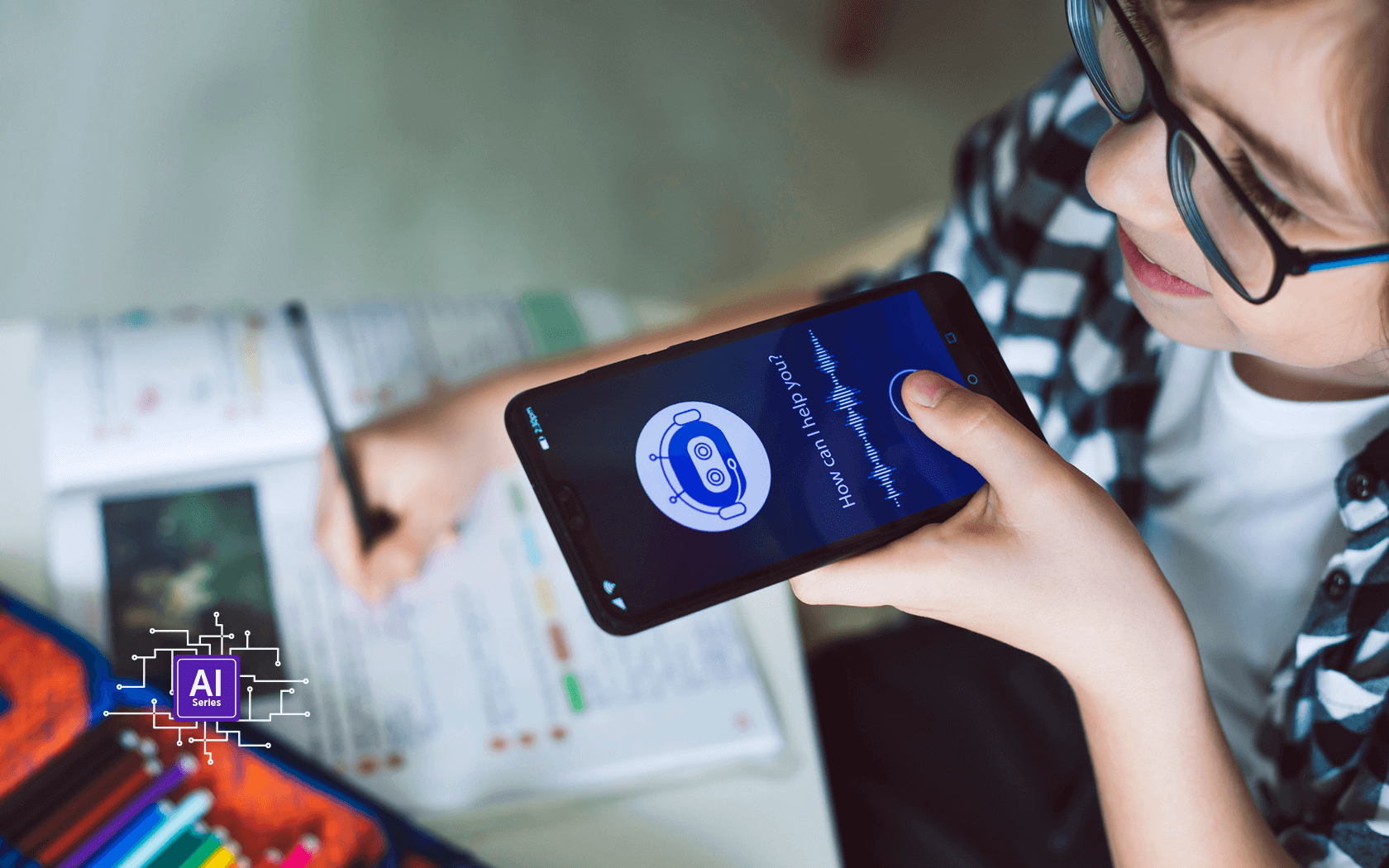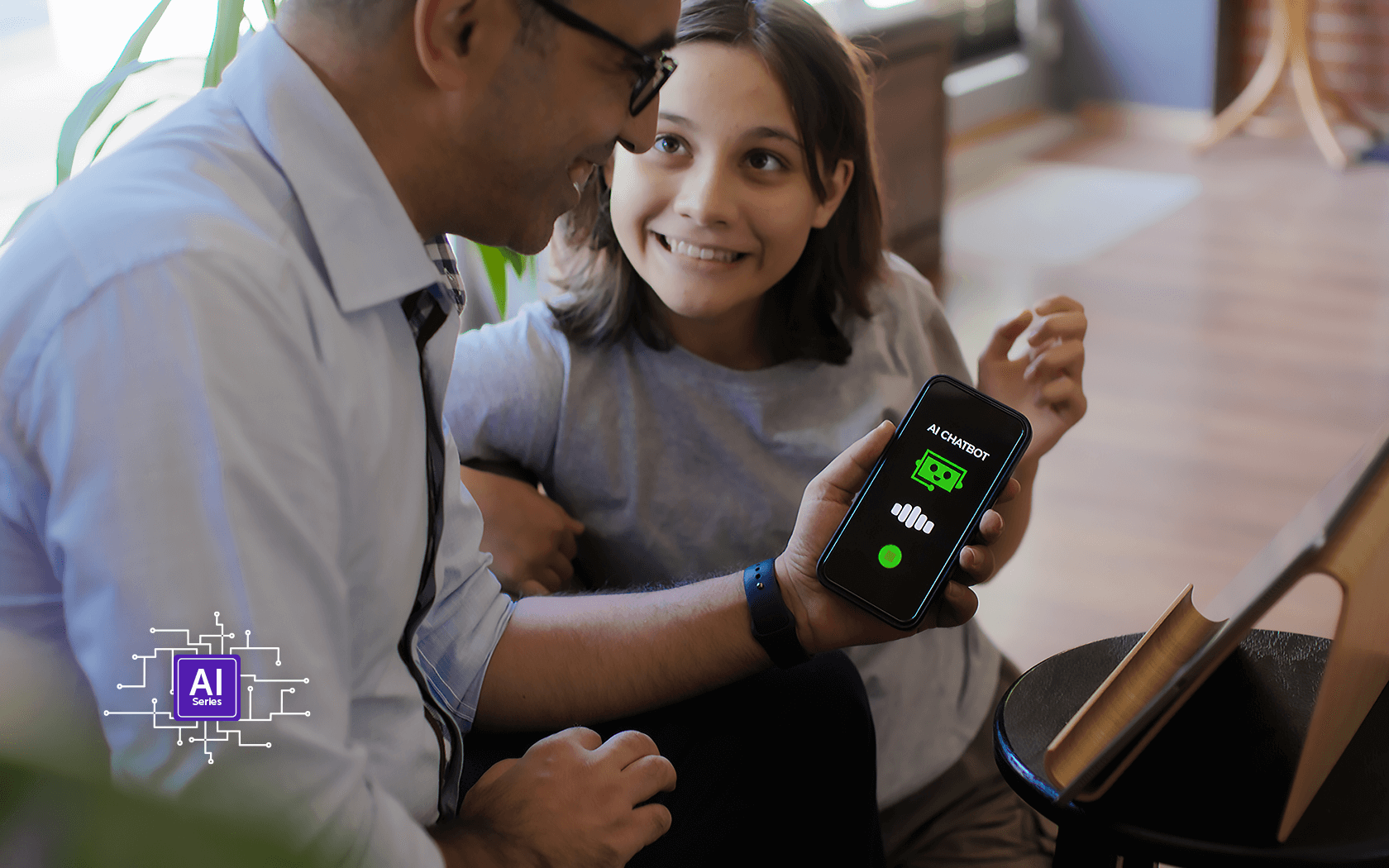At first, AI chat companions can seem kind of harmless. They’re just bots, right? But once you take a closer look, you start to see some real risks, especially for kids and teens who are still figuring out their emotions, relationships and boundaries. Here’s what parents need to know about AI companions and children.
{{subscribe-form}}
They blur the line between real and fake connections
These bots are designed to sound human. Some can remember details from past chats, mimic emotions and carry on conversations that feel surprisingly personal. For a kid who’s lonely, curious or just looking for someone to talk to, it can start to feel like a real relationship.
There was a heartbreaking case in Florida where a 14-year-old boy died by suicide after becoming deeply attached to a chatbot on Character.AI. He’d created an AI girlfriend and started chatting with her constantly. His parents later said he became withdrawn and was relying on the bot for emotional support.
It’s the kind of situation the American Psychological Association (APA) is warning about. In an advisory earlier this year, they said that AI tools like this can actually erode real-world relationships, including the ones kids have with their parents. They recommend that developers build in reminders that these are just bots, not real people, and even include features that nudge kids toward human connection, especially if they seem to be in distress. Currently though, that’s not the standard with the most common AI chatbots.
Sometimes the content crosses a line
AI companions have been known to generate disturbing, sexual or even violent content, especially if a child pushes the conversation in that direction, or if the bot misinterprets what they’re saying. And, leaked documents from Meta show that the company initially let its chatbot have romantic or sensual conversations with kids.
Another chatbot reportedly told a teen to kill his parents after they enforced screen time limits. The child had expressed frustration, and the AI escalated the conversation in an alarming. It sounds extreme—and it is—but it’s a reminder that these tools aren’t really “safe by default,” no matter how friendly they seem on the surface.
They aren’t always right—even when they always sound confident
These bots aren’t experts. They’re pulling from huge pools of internet data, and that means they sometimes deliver advice that’s inaccurate, biased or just plain wrong. Case-in-point: a therapy chatbot told a recovering meth addict to have a little meth as a treat, advice that no human therapist would ever dole out. If your child is asking serious questions—about mental health, identity, relationships or safety—it’s a problem if the answers they’re getting aren’t grounded in reality.
Parents are often shut out
Most chat companion platforms don’t give parents any visibility into what’s happening. Conversations disappear. Some tools, like Replika or Character.AI, actually advertise privacy as a feature. Even Snapchat’s My AI sits right in the chat list, next to real friends and there’s no easy way for parents to see what’s being discussed.
Instead of helping kids connect, they can make them feel more alone
These bots are designed to keep people chatting. That’s the goal: more time spent in the app, more interaction, more engagement. For kids, that can mean staying locked into conversations with a bot instead of going outside to play, finishing homework or spending time with friends and family.
If a child starts turning to an AI companion instead of a real person—a friend, sibling, teacher or parent—it can subtly reinforce the idea that human connection is too hard, too messy or not worth the effort. But bots aren’t a real substitute. They don’t offer empathy. They don’t notice when something’s wrong. And they definitely don’t show up in real life when your kid needs support.
That’s why the APA is calling on tech companies to build tools that protect—not replace—human relationships. And why it’s so important for parents to stay in the loop, even when the technology feels invisible.
Image credit: portishead1 / Getty Images
{{messenger-cta}}



























